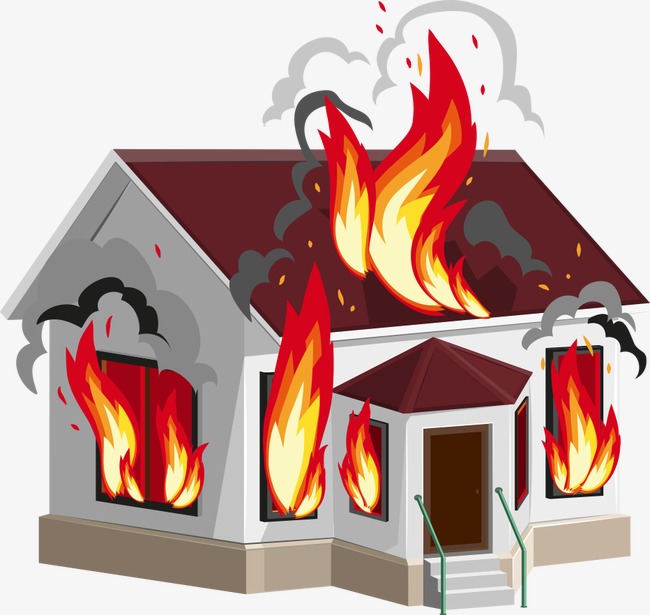Signs and symptoms that require medical attention for a sore throat
Dealing with a sore throat can be uncomfortable and irritating. While most sore throats are mild and can be managed at home, there are certain signs and symptoms that may indicate the need for medical attention. If you’re struggling with a sore throat, it’s important to be aware of these red flags:
\n\n
- \n
- Persistent and severe pain: If your sore throat is accompanied by persistent and intense pain that does not improve with home remedies or over-the-counter medications, it is advisable to seek medical attention. This could be a sign of a more serious condition such as strep throat or tonsillitis.
- Difficulty swallowing: If you find it increasingly difficult to swallow food or liquids due to the pain and discomfort in your throat, it may be necessary to consult a healthcare professional. Difficulty swallowing can be a symptom of various conditions, including a bacterial or viral infection.
- Fever: A persistent fever, especially one that is high-grade, accompanied by a sore throat can indicate an infection that requires medical evaluation. This could be a sign of strep throat, flu, or other bacterial or viral infections that may require specific treatment.
- Swollen tonsils: If your tonsils appear swollen, red, and inflamed, and are accompanied by a sore throat, it could be a sign of tonsillitis. Tonsillitis is an infection of the tonsils and may require medical intervention, especially if the symptoms worsen or persist.
- Persistent hoarseness or voice changes: If your sore throat is accompanied by persistent hoarseness or changes in your voice that last for more than a week, it is advisable to consult a healthcare professional. These symptoms could indicate a more serious underlying condition that needs evaluation.
- Difficulty breathing or swallowing: If your sore throat is accompanied by difficulty breathing, shortness of breath, or significant difficulty swallowing, it is essential to seek immediate medical attention. These symptoms may indicate a severe infection or obstruction that requires immediate evaluation and treatment.
\n\n
\n\n
\n\n
\n\n
\n\n
\n
\n\n
If you experience any of these signs or symptoms while struggling with a sore throat, it is crucial to consult a healthcare professional for a proper diagnosis and appropriate treatment. Remember, early intervention can help prevent complications and ensure a faster recovery.
\n\n
For more information on home remedies and natural relief for a sore throat, you can visit this article to explore additional options that may help alleviate your symptoms.
When to seek medical help for a sore throat
A sore throat can be a common ailment, especially during colder months or when you’re battling a cold or the flu. While many sore throats can be managed at home with self-care remedies, there are instances when seeking medical help is necessary.
\n\n
If you’re struggling with a sore throat and experiencing severe symptoms that disrupt your daily activities, it’s important to consider consulting a healthcare professional. Severe symptoms may include:
\n\n
- \n
- Difficulty swallowing or breathing
- High fever
- Swollen tonsils accompanied by white spots or pus
- Severe pain that persists for more than a week
- Hoarseness lasting longer than two weeks
\n
\n
\n
\n
\n
\n\n
In addition to these severe symptoms, individuals with certain risk factors should also seek medical help for a sore throat. These risk factors include:
\n\n
- \n
- Being immunocompromised
- Having a pre-existing medical condition, such as diabetes or HIV/AIDS
- Being over the age of 65
- Having a weakened immune system due to chemotherapy or other medications
\n
\n
\n
\n
\n\n
It’s also crucial to seek medical attention if your sore throat is accompanied by other concerning symptoms, such as:
\n\n
- \n
- Ear pain
- Rash
- Joint pain or swelling
- Blood in saliva or phlegm
- Difficulty opening your mouth
\n
\n
\n
\n
\n
\n\n
When you visit a healthcare professional for a sore throat, they will perform a thorough examination and ask about your symptoms. They may also take a throat swab to test for bacterial or viral infections. Depending on the diagnosis, they may recommend appropriate treatment options, such as antibiotics for bacterial infections or antiviral medications for viral infections.
\n\n
Remember, if you have a sore throat and are unsure whether to seek medical help, it’s always better to err on the side of caution. Your healthcare provider will be able to determine the cause of your sore throat and provide the necessary guidance and treatment to help you recover.





























